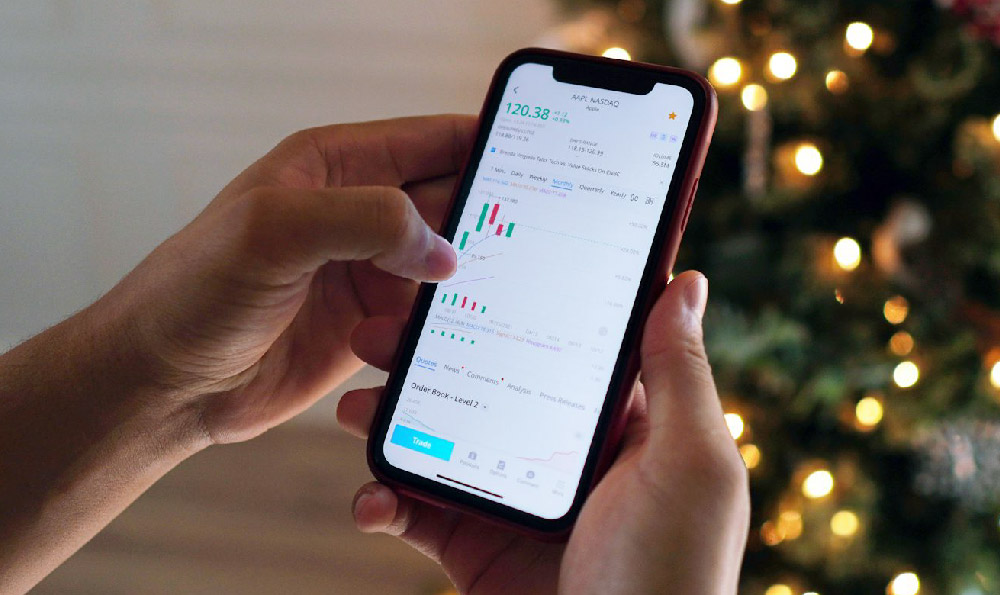How Much Compensation Can You Expect & Is Plasma Donation Worth It?
Okay, here's an article addressing compensation for plasma donation and whether it's a worthwhile endeavor, assuming the persona of a financial advisor.
Plasma donation, often advertised with enticing compensation figures, presents a compelling option for individuals seeking supplemental income. But before diving in, it's crucial to understand the intricacies of plasma donation compensation and weigh them against the potential commitment of time and physical resources. The amount you can expect to receive for donating plasma varies significantly, influenced by several key factors.
Firstly, location plays a significant role. Donation centers in areas with higher living costs or greater demand for plasma tend to offer more competitive compensation rates. Secondly, the specific donation center itself matters. Different centers, even within the same geographic area, operate under varying business models and budgets, which directly impact payout structures. It's always prudent to research and compare the compensation rates offered by multiple centers in your vicinity.

Promotional offers often inflate initial compensation estimates. New donors are frequently enticed with higher payments for their first few donations. These "new donor" bonuses can be considerably more attractive than the standard rates offered to established donors. Understand that these are designed to attract and retain donors during the initial phase and shouldn't be taken as a reliable indicator of long-term earning potential.
Frequency of donation is another crucial aspect. Many centers offer tiered compensation structures that reward regular donors. The more frequently you donate, the higher your per-donation payout may become, up to a certain limit. However, it's imperative to adhere strictly to the recommended donation frequency guidelines provided by the center and medical professionals. Over-donating can negatively impact your health and potentially disqualify you from future donations.
Beyond these general factors, individual eligibility also affects compensation. Donors must meet specific health criteria, including age, weight, and medical history, to be eligible. A thorough screening process ensures the safety of both the donor and the recipient of the plasma. If you are deemed ineligible due to health concerns, you won't receive any compensation.
So, putting numbers to these factors, what can you realistically expect? While exact figures are subject to change and regional variations, a first-time donor might expect to earn anywhere from $50 to $100 per donation during the initial promotional period. Subsequent donations, for regular donors, might range from $30 to $75 per donation. Over the course of a month, donating twice a week, a consistent donor could potentially earn between $240 to $600, depending on the center and any applicable bonus programs.
Now, let's address the critical question: is plasma donation worth it? This evaluation extends beyond simply calculating the potential earnings. A comprehensive assessment requires considering the opportunity cost of your time, the potential health implications, and the overall impact on your financial well-being.
Time is a valuable asset. Each plasma donation session typically takes between 1 to 2 hours, including registration, screening, the actual donation process, and post-donation recovery. This time commitment should be factored into your calculations. Consider what else you could be doing with that time – working, studying, pursuing other income-generating activities, or simply engaging in leisure activities that contribute to your overall well-being. Quantify the value of your time to determine if the compensation justifies the time investment. For instance, if you could earn $20 per hour in a part-time job, the plasma donation compensation needs to exceed that rate to be financially worthwhile.
Health considerations are paramount. While plasma donation is generally considered safe, it's not without potential risks. Some donors experience mild side effects such as dehydration, fatigue, dizziness, bruising at the injection site, or, in rare cases, more serious complications. It's crucial to be fully aware of these potential risks and weigh them carefully against the potential benefits. Maintaining a healthy lifestyle, staying hydrated, and following the center's post-donation instructions can minimize these risks. It's also wise to consult with your physician before beginning plasma donation, especially if you have any pre-existing health conditions.
Beyond the immediate financial and health aspects, consider the psychological impact of donating plasma. Some individuals find the process emotionally rewarding, knowing that their donation can help save lives or improve the health of others. This sense of purpose can be a significant motivator. Conversely, others may find the process stressful or uncomfortable. It's essential to honestly assess your own comfort level and emotional response to the donation process.
From a purely financial perspective, plasma donation can be a valuable tool for supplementing income, particularly for students, individuals with limited employment opportunities, or those seeking to pay down debt. However, it should not be viewed as a primary source of income. Instead, it should be considered a short-term or supplementary strategy.
Before making a decision, I recommend you thoroughly research local donation centers, compare compensation rates and bonus programs, consult with your physician, and realistically assess your time commitment and health considerations. Furthermore, consider your long-term financial goals. Are there other ways to generate income or improve your financial situation that may be more sustainable or have a higher return on investment? Explore options such as acquiring new skills, pursuing higher education, or investing in assets that have the potential to appreciate over time.
Plasma donation can be a viable option for those seeking extra income, but a balanced perspective considering both the financial rewards and the potential costs is crucial for making an informed and responsible decision. Treat it as one piece of your broader financial plan, and always prioritize your health and well-being.















